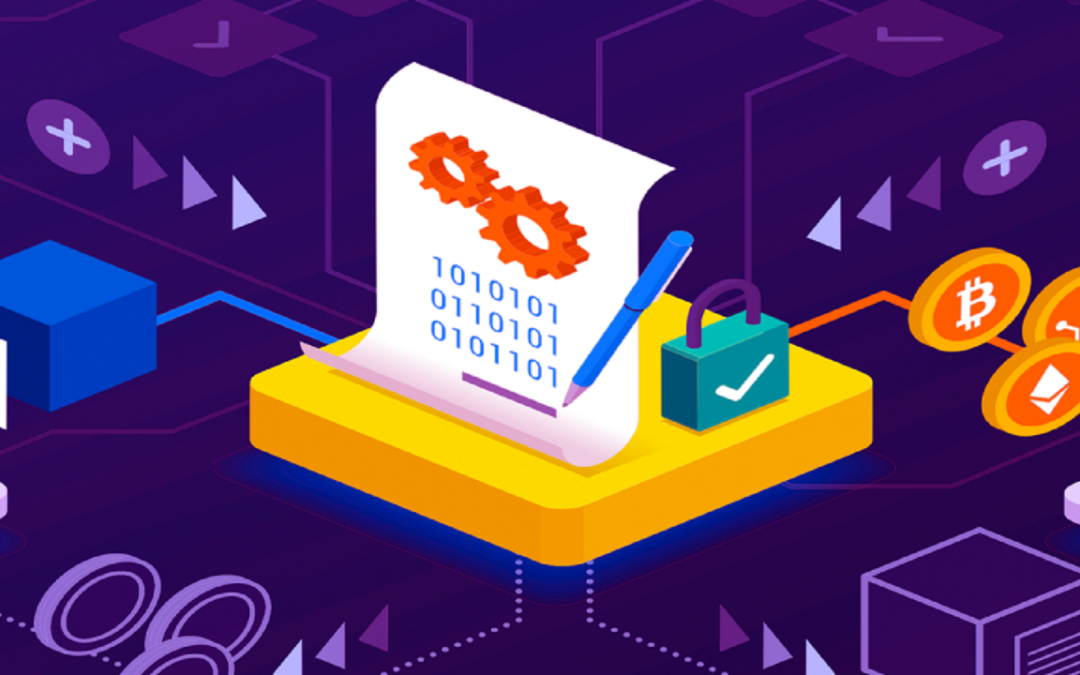Is Blockchain Useful for Anything? Exploring the Practical Applications
Blockchain technology has been a buzzword in the tech and financial worlds for several years. Often associated with cryptocurrencies like Bitcoin, its potential extends far beyond digital currencies. But is blockchain really useful for anything else? The answer is a resounding yes. Let’s dive into the practical applications of blockchain technology that are transforming various industries.
What is Blockchain?
Before we explore its uses, it’s essential to understand what blockchain is. In simple terms, a blockchain is a decentralized digital ledger that records transactions across multiple computers in a way that ensures the security and transparency of data. Each block in the chain contains a number of transactions, and every time a new transaction occurs, it is added to the ledger. This makes blockchain inherently secure and resistant to modification.
Financial Services and Banking
One of the most well-known applications of blockchain is in the financial sector. Blockchain technology offers several advantages for banking and financial services, including:
Security and Fraud Prevention
Blockchain’s decentralized nature makes it difficult for hackers to alter data, reducing the risk of fraud.
Lower Costs
By eliminating intermediaries, blockchain can reduce transaction fees and processing times.
Transparency
All transactions are recorded on a public ledger, providing complete transparency and reducing the risk of corruption.
For instance, many banks are now using blockchain to streamline their operations, improve security, and offer more efficient services to their customers.
Supply Chain Management
Blockchain is revolutionizing supply chain management by providing greater transparency and traceability. Here’s how:
Track and Trace
Companies can track the journey of products from origin to consumer, ensuring authenticity and reducing the risk of counterfeits.
Efficiency
Automating transactions and record-keeping can significantly reduce paperwork and administrative burdens.
Trust
Blockchain builds trust among stakeholders by providing a clear, unalterable record of transactions.
Brands like Walmart and IBM have implemented blockchain solutions to improve their supply chain processes, ensuring product quality and authenticity.
Healthcare
The healthcare industry is another sector where blockchain technology is making a significant impact:
Patient Data Management
Blockchain can securely store and share patient records, ensuring privacy and accuracy.
Drug Traceability
It helps in tracking pharmaceuticals through the supply chain to prevent counterfeit drugs.
Clinical Trials
Blockchain can manage and verify clinical trial data, enhancing transparency and reliability.
Projects like MedRec are utilizing blockchain to give patients more control over their health records while ensuring that their data is secure and accessible.
Real Estate
Real estate transactions are often complex and involve multiple parties. Blockchain can simplify and secure these processes by:
Smart Contracts
These are self-executing contracts with the terms directly written into code. They automatically enforce and verify the agreement, reducing the need for intermediaries.
Transparency
All transactions are recorded on the blockchain, providing a clear history of property ownership.
Efficiency
Blockchain can speed up transactions and reduce costs by automating processes and eliminating the need for paper records.
Platforms like Propy are already using blockchain to facilitate real estate transactions, making them faster, cheaper, and more transparent.
Voting Systems
Blockchain technology can potentially revolutionize voting systems by
Security
Ensuring that votes cannot be tampered with.
Transparency
Providing a transparent and immutable record of votes.
Accessibility
Making it easier for people to vote remotely and securely.
Countries and organizations are experimenting with blockchain-based voting to improve the integrity and accessibility of elections.
Conclusion
Blockchain technology is more than just the backbone of cryptocurrencies. Its applications span across various industries, offering enhanced security, transparency, and efficiency. From financial services and supply chain management to healthcare, real estate, and voting systems, blockchain is proving to be a transformative force. As the technology continues to evolve, we can expect to see even more innovative uses that will further showcase its value and versatility.
Whether you’re a business leader, a tech enthusiast, or just curious about the future of digital technology, understanding the practical uses of blockchain can offer valuable insights into the next wave of technological advancements. So, is blockchain useful for anything? Absolutely, and its potential is only beginning to be realized.

